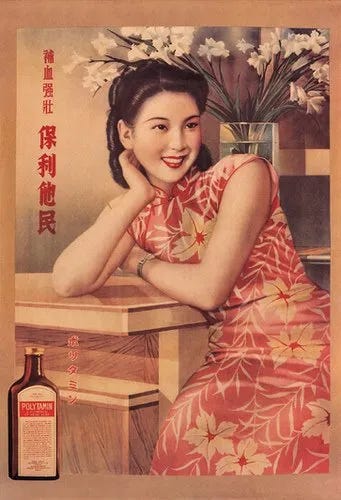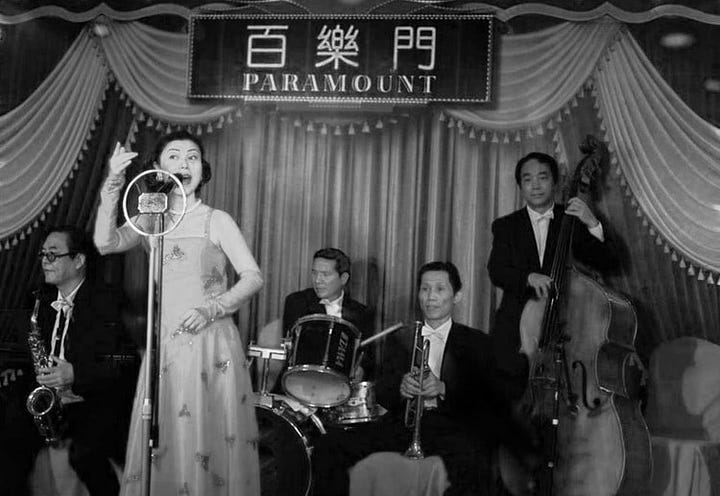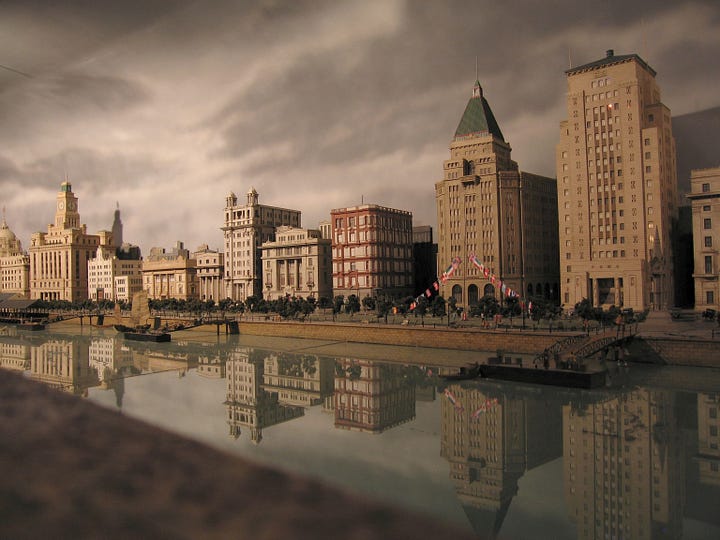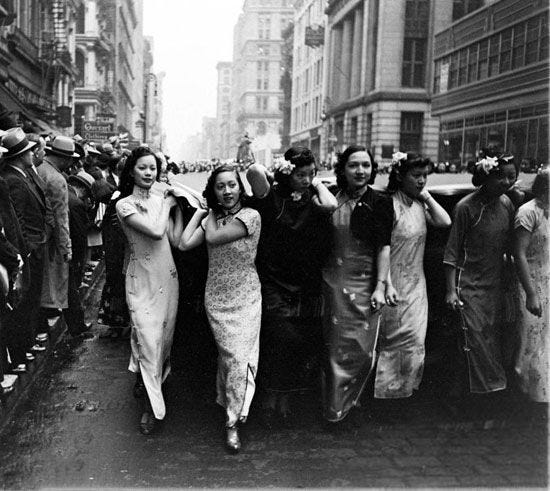Diary of a Lover Girl, Pt. 2
Because you loved the first one so much. This one's on mysticism, muses, and water.
I’m still doing 1-1 conversations on all-things creativity, writing, and beauty. 0% of people who’ve booked a call regret it. Book me here.
It’s not a coincidence that Jesus performed his first miracle—turning water into wine—at a wedding. Love has that effect on people: it turns the flat and tasteless necessity of life into the Dionysian, dancing ingredient of the spirit.
We also use the word “marriage” when describing the union of things, like how marinara sauce is a marriage of tomato and basil, or how the swirling expansion of Khachaturian’s “Adagio” from the ballet Spartacus is a marriage of flutes and strings (keep it playing as you read the rest. Spotify version).
Marriage is about conjoining the souls of people or of things. It’s about wanting to be part of something else, melting into the oceanic feeling that Freud coined to describe the sensation of being one, eternally, with another whole.
It’s Kali Uchis describing falling in love like melting like ice cream. It’s St. Teresa’s ecstasy. It’s why 18th-century German poet Ludwig Uhland said that waking up buried in his lover’s arms is like dying from love’s bliss because he “saw Heaven in her eyes.”
Heaven is commonly used to describe this feeling because falling in love is like dying:
Both death and falling in love are about losing a grip on reality, leaving this world and entering the ethereal. Like death, we describe a soul in love as being escorted away by angels to a better place. It’s why Cupid has wings—so he can take us from over here to over there.
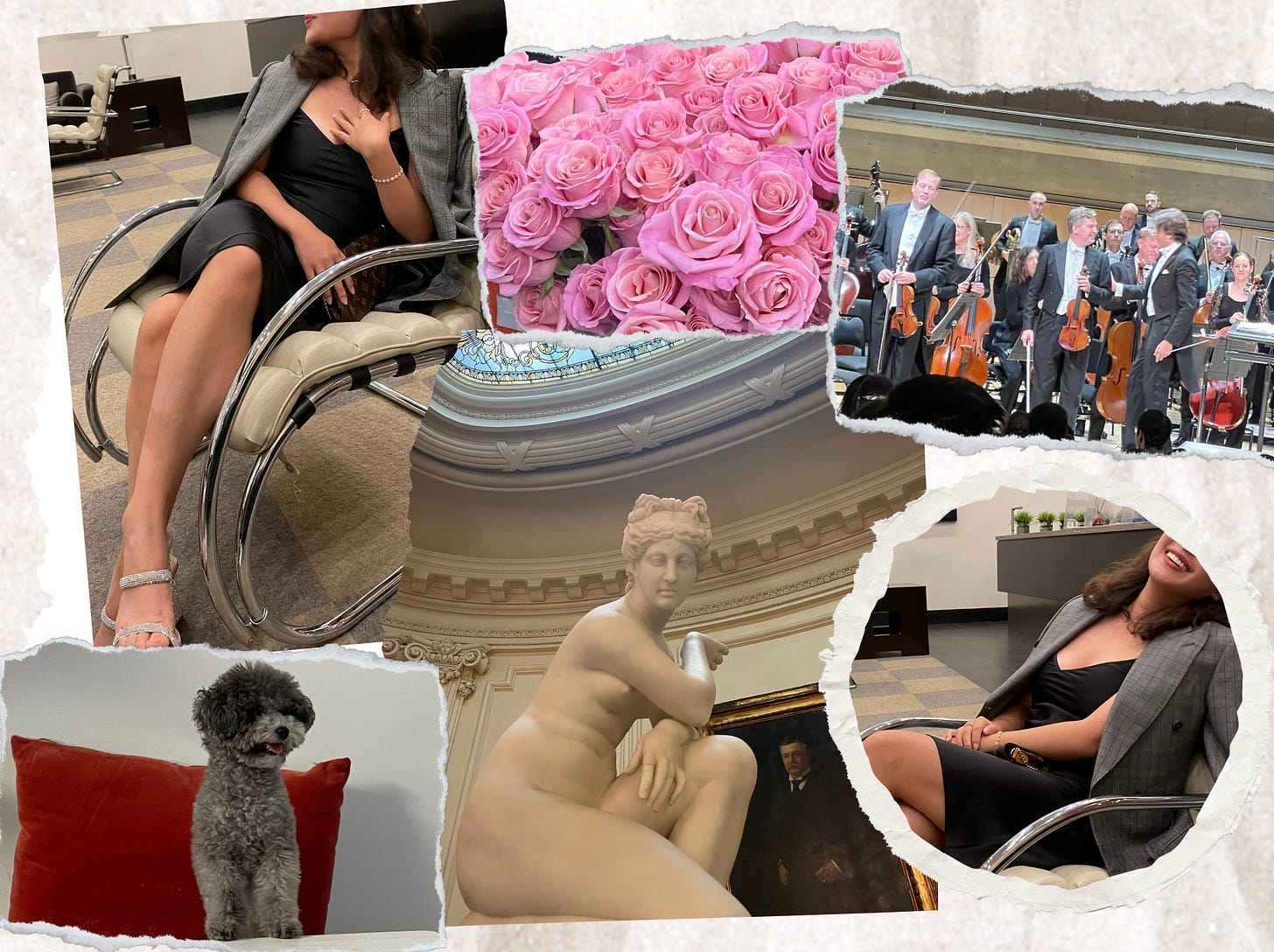
Desire makes the world go round
You loved “Diary of a Lover Girl” because, deep inside, you yearn. All of your actions have deeper longings buried underneath what’s socially acceptable to say out loud.
Yet, when you try to articulate the deepest of your desires, you can’t find a name for it. It’s like that marvellous ache you feel when you see the Milky Way spilled across the sky—it draws you in and makes you long for more of it.
This longing has the shape of the infinite. I know a love song is good when I don’t know if they’re singing about a lover or God. Take Frank Sinatra’s Fly Me To The Moon, for example:
You are all I long for
All I worship and adore
In other words, please be true
In other words, I love you
Love, in its purest form, feels like mysticism, like being absorbed into something that wants you to be part of it as much as you want to join it. Some might call it a longing for happiness, but it is so much deeper.
Here’s what I mean by mysticism: it’s something that grows your wonder instead of trying to solve it. “Life is not a problem to be solved, but a reality to be experienced.”
It’s like how, when I was in grade school, I could spend a whole afternoon squatted beside an anthill watching the tiny critters move cookie crumbs and grains of sand around their little Rome.
Mysticism
I love playing the piano. I play mostly at my local club—as an amateur, of course. I don’t know jazz, so I play Liszt.
Live music has that mystical effect on people. It’s like watching fire—something that constantly moves without going anywhere. It’s “alive” in its own way. Like how God speaks through a bush that burns but is not consumed, something ineffable about music—the way it decorates time like art decorates space—speaks to us.
Another reason why I love playing the piano is because I like being part of the show. I like being admired… Pet me with your eyes. Don’t just listen to my nocturne; watch it. This is the kind of attention I crave, the kind that satisfies the vanity without the burden of proximity. I like being the mystery that people pause conversations and turn their bodies to contemplate.
Being the muse
That same night, after the wine glasses were empty and the men moved on to cigars, pedigree whiskeys, and other more serious libations, I met a painter. She was the kind of woman who collects emeralds and chinoiserie and knows how to pronounce “Demeulemeester”. Cohiba between her fingers, she sprinkled my truffle fries with stories of her solo trips through Europe when she was my age.
She called me beautiful. She said that I have something classic about my face, that I belonged to 1930s Old Shanghai—this vibe:
